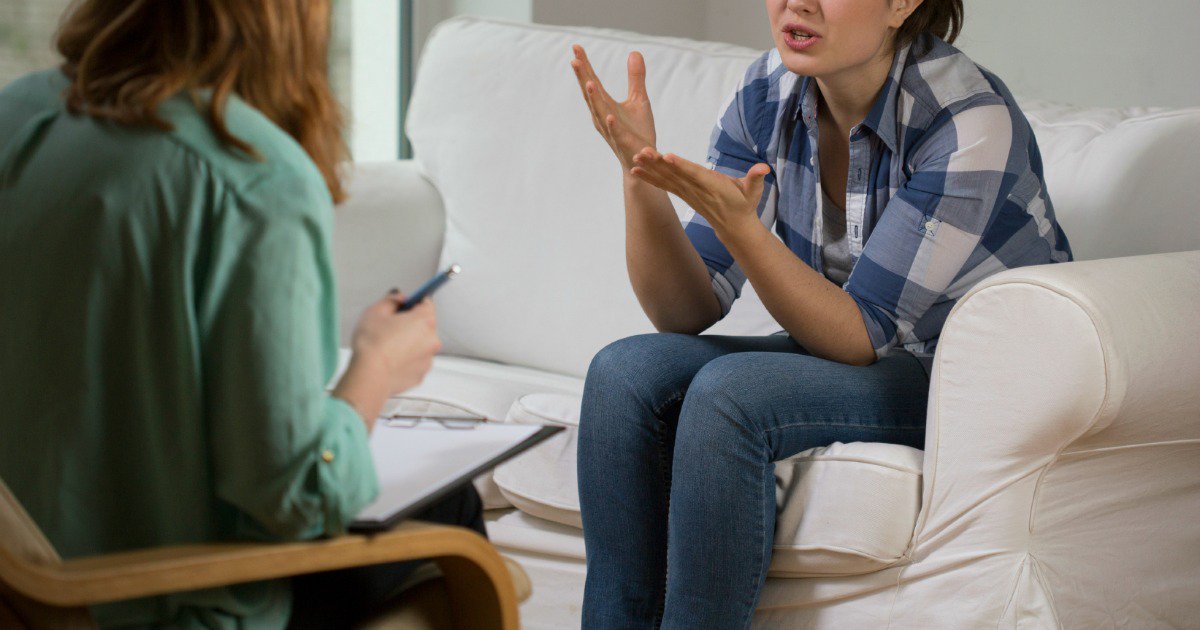How To Treat Common Phobias
Everyone is afraid of something, but when a fear starts to erode the regular routine of one's life, that fear may be a phobia. Treating phobias and their underlying causes can be a difficult journey, but it's well worth the work necessary to challenge the fear. Phobias can be debilitating, zapping you of confidence, self-esteem and an ability to thrive in the world. Don't let the symptoms of phobia control you and your dreams. Seek help and always remember you are not alone. Here are a few of the options for treating common phobias.
Exposure Therapy

When dealing with a painfully scary situation, the natural method of coping is to avoid it. Individuals suffering from phobias and anxiety tend to distract themselves from the difficult thoughts and feelings, as well as avoid anything that could be triggering. While this can provide initial reassurance, it also serves to reinforce the fear in our brains and make it more difficult to directly cope with. Avoidance can also make us lose out on great opportunities and relationships in our lives, a result of the phobia taking hold and directing our actions and how we live. Therefore, exposing ourselves to our fears is much more healthy and effective long term.
Exposure therapy may sound overwhelming at first, but it's important to realize it involves a process, as with any treatment method. You don't have to expose your self to the most intense fear at first. For instance, one who is afraid of spiders should practice exposure with photographs before being introduced to real spiders. For those with a social phobia, interacting with others in an online environment may be a good precursor to spending time in a populated area in the real world.
Cognitive Behavioral Therapy

When we grow accustomed to negative thinking and behaviors, our brains become hardwired to constantly go through the same cycles. If you have ever wondered how to interfere with a vicious cycle of rumination, cognitive behavioral therapy is the key.
The concept of this therapy lies in identifying the connection between thoughts, feelings, and actions. Many of us have bad habits and maladaptive coping mechanisms we wish to change. Negative feelings and intrusive thoughts also play roles with the behaviors causing problems. In order to truly change, one must acknowledge the role thoughts and feelings have, and ultimately find new ways of thinking and feeling that thereby alter unhealthy behaviors.
Cognitive behavioral therapy is effective because it essentially reroutes the way your mind interprets information and stimuli in a more positive direction. Gaining power over phobias is all about acknowledging your fears and finding new ways to process them that will help you live your best life. By working with a therapist, you can learn the tools and techniques necessary to make progress.
